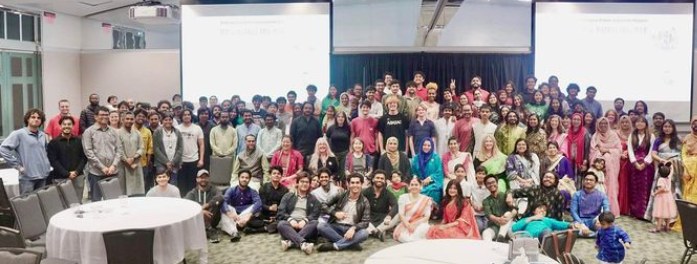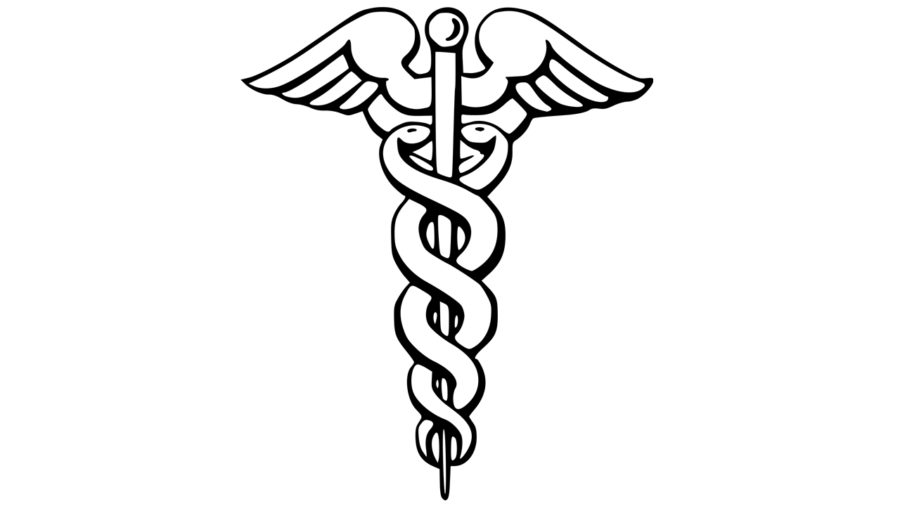In a survey of 700 students, New York Magazine found approximately 41 percent of women and 49 percent of men said they were not sexually active. Although college- age students, those between the ages of 18-24, make up a small percentage of the total sexually active population, the CDC reports that demographic makes up nearly half of the 20 million sexually transmitted infection cases.
For The University of Southern Mississippi, that statistic rings true. Over the course of the academic year, Student Health Services has seen an increased number of STIs.
USM Director of Wellness and Health Promotion Jodi Ryder said the clinicians have reported that this is the highest number of positive STI tests they have recorded for several years, with chlamydia and gonorrhea being the most common.
“I think we’re seeing it more in females but that means it’s high in males,” Ryder said. “Often times, males are asymptomatic, and so they don’t tend to get tested as often. So typically males are carriers of it, and they transmit it. And a lot of times, all STIs are asymptomatic — someone will never show symptoms — they don’t think there’s a reason to get tested.”
The Alpha Kappa Alpha Sorority does its part to encourage students to get tested regularly.
Senior AKA member and kinesiology major Jessica Thompson said the sorority’s program Get Tested mainly encourages students to get tested for HIV/AIDS, but she feels all sexual health is important.
“The mission (of Get Tested) is to educate young people of the importance of safe sex and the prevalence of HIV in the community — specifically the African-American community — and to give them the chance to be tested,” Thompson said.
Senior nursing major Elizabeth Tramuta said lack of symptoms may contribute to the lack of awareness of positive status among students.
“I believe a large percentage of young people aren’t getting screened for STIs and, subsequently, don’t know that they’re infected,” Tramuta said.
Failure to treat an asymptomatic infection can lead to long term damage.
Ryder promotes getting tested every six months or with each new partner. Along with regular testing, the best way to ensure sexual health is to protect yourself before engaging in sexual activity including intercourse, oral sex or any sexual touching.
Ryder said some students believe the myth that oral contraceptive pills are enough to protect against STIs, but that is not the case.
“Consistent and correct condom use is the only way,” Ryder said. “[Contraceptive medication] only protects against pregnancy, not sexually transmitted infections. So it’s important that you use a barrier method, such as a condom, or — if you’re having oral sex — a dental dam to protect yourself.”
Tramuta said her personal advice aligns with her studies as a nursing major.
“I’ll quote what every nursing textbook says: ‘Abstinence from all sexual activities is the only method that is 100 percent effective in preventing sexually transmitted infections,’” Tramuta said.
However, for those who want to engage in sexual activity, the CDC campaign Talk. Test. Treat. website gives advice on how to bring up the conversation with your partner.
“I always say if you’re not ready to talk to your partner about sex and how to protect yourself, you’re not ready to have sex with that person,” Ryder said.
Ryder said though some may think that it only happens if you are promiscuous, it can happen to anyone sexually active, whether it is your first time or not.
Thompson said the more people get tested for STIs, the less people will spread infectious diseases unknowingly.
The USM Moffitt Health Center offers students STI testing at a reduced fee and free HIV screenings.
Ryder said if students are unable to afford the clinic, there are health centers in the Hattiesburg area that offer more affordable or free tests.
































